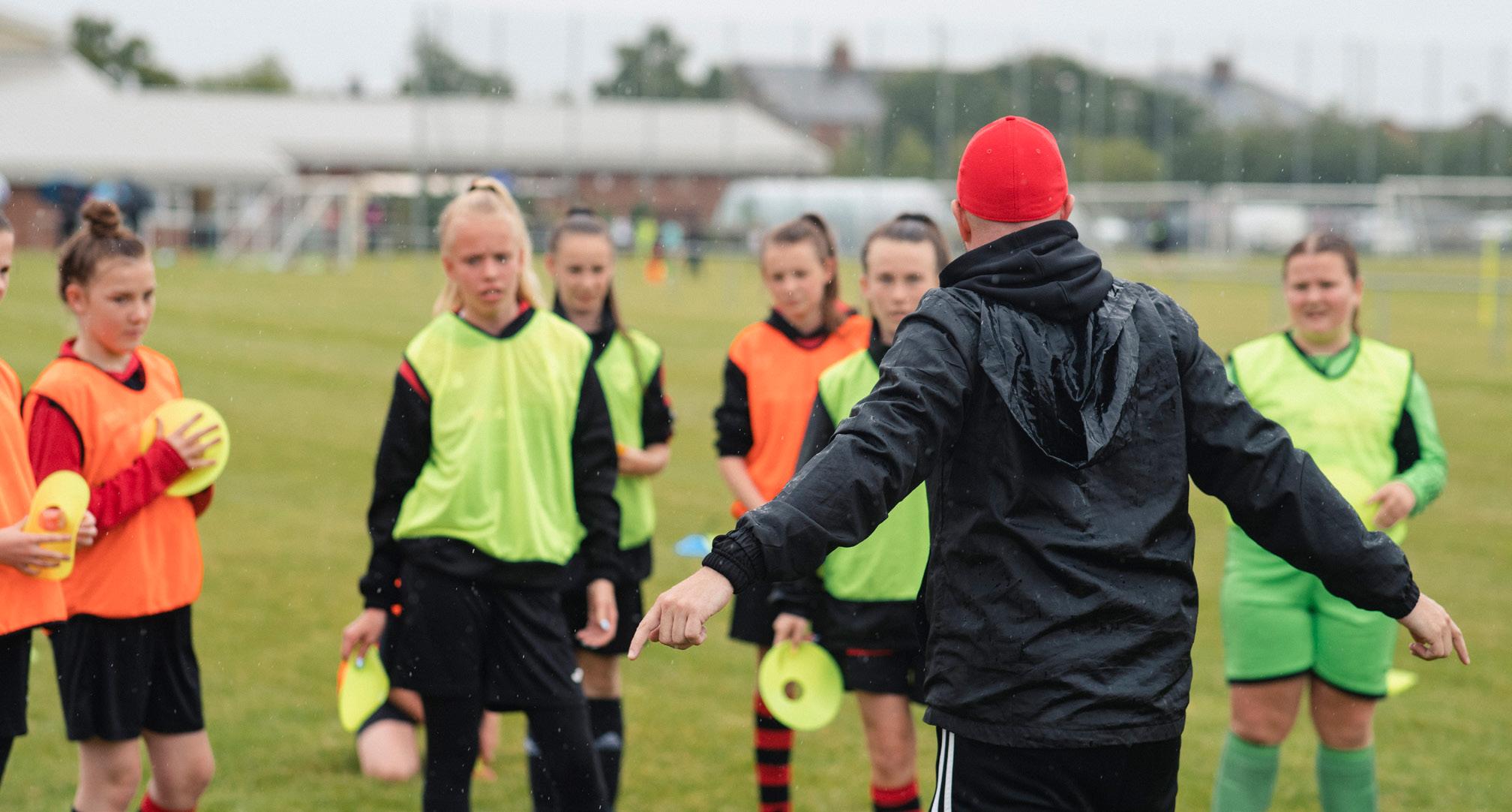
5 minute read
Background
Background 2
As in the rest of the United Kingdom (UK) and across the world, the health and wellbeing of the people of Wales is significantly affected by Adverse Childhood Experiences (ACEs). Early in 2016, Public Health Wales published the first Welsh ACEs study, which revealed that 47% of adults in Wales have suffered at least one ACE in their childhood and 14% have suffered four or more (1).
Advertisement
ACEs such as abuse, neglect and dysfunctional home environments, can have a detrimental impact on an individuals’ life chances. ACEs are associated with poor educational achievement and the development of a wide range of harmful behaviours, including smoking, increased alcohol consumption, drug use, risky sexual behaviour, violence and crime (2-3). ACEs can also contribute towards an increased risk of developing conditions such as diabetes, mental illness, cancer, cardiovascular disease, and premature mortality (2-3). In 2015, the first national Welsh ACE study identified the extent of ACE exposure among adults in Wales, and the strong cumulative relationships between ACEs and healthharming diseases, health conditions and health service use (1,4).
While the experience of ACEs can impact an individuals’ life potential, there is a substantial subset of people who suffer ACEs and avoid in part (or entirely) the negative health and social consequences. There is emerging evidence to suggest that a range of factors can help develop childhood resilience including at least one stable relationship between a child and adult, better developed self-regulation skills and a sense of control over personal circumstances (4). These findings are influencing local and national public health policy in Wales and driving multi-agency work to prevent ACEs and support those affected by them.
2.1 The Cymru Well Wales ACE Support Hub
In order to tackle ACEs at a population level, Cymru Well Wales (CWW) established the ACE Support Hub, funded from March 2017-2020, to help drive the achievement of the collective vision for Wales as a leader in ACE-free childhoods. Its task has been to help create the environment for change, enable and support individuals, communities and organisations to achieve their local ambitions around the prevention of ACEs and protection against the impact of ACEs (5). ACEs such as abuse, neglect and dysfunctional home environments, can have a detrimental impact on an individuals’ life chances. ACEs are associated with poor educational achievement and the development of a wide range of harmful behaviours, including smoking, increased alcohol consumption, drug use, risky sexual behaviour, violence and crime.’
The CWW ACE Support Hub has developed its model by working alongside existing networks and programmes and seeking to transform organisational strategies, services and people to be ACE-informed; with integrated systems to tackle ACE-related outcomes in their sectors. As part of this transformation, a programme of work has commenced in Wales to initiate the delivery of ACE-awareness training within sports related settings (and in particular aimed at coaching) to adopt an ACE-informed approach to improve the awareness, knowledge and skills of coaches and staff working in the sports sector.
This evaluation reports on the pilot implementation of ACE-awareness training at two workshops held with participants from across different sporting sectors.
Adverse Childhood Experiences (ACEs) and Sport 3
While the impacts of ACEs on both physical and mental health are better documented, little is known about what factors improve long-term outcomes for those exposed to ACEs. Physical activity in childhood and adolescence has been shown to have benefits for mental health, including improvements in depressive symptoms (6-8), stress (6), and self-esteem (9-11). Team sports in particular are thought to lead to improved mental health because of their social nature and resulting social support (12-13).
Public Health Wales’ report on sources of resilience and their moderating relationships with harms from ACEs found that taking part in regular sport is associated with a protective effect for children against developing mental health problems in later life. Participants who had ACEs but regularly played sports as children were less likely to have a mental illness (14) as an adult. People who had traumatic childhoods were also more likely to be mentally healthy if they took part in sport as adults. The relationships found suggest increased sports participation should be further explored as a means of developing resilience and protecting mental health. The report found that adults who were members of clubs and community groups were also more likely to be mentally well. Playing sport also helped adults, with the proportion of people being treated for a mental illness if they played sport almost half that of those who did not.
There is a wealth of research identifying the benefits of sports participation to mental health both in childhood and adulthood (10) and examples of how sports participation can provide psychological focus and support for children growing up in difficult environments (12). Team sports participation during adolescence has been shown to be significantly associated with improved adult mental health, particularly for boys. Exposure to protective factors in childhood might be associated with improved long-term mental health in this vulnerable population (13), suggesting that children affected by ACEs might benefit from participating in team sports and other programmes that provide psychosocial support.
ACE-awareness in Sport: workshop design 4
The CWW ACE Support Hub began working with the stakeholders from sports sector to formulate ideas for the development of training to inform the knowledge and skills of sports professionals about what ACEs are, and the impact they can have on both children and adults in later life. Two workshops were arranged to deliver a one day interactive training session.
WORKSHOP 1
This workshop involved staff from the UK-wide charity StreetGames, which aims to harness the power of sport to create positive change in the lives of disadvantaged young people right across the UK. Participants included strategic senior staff, team managers and sports youth workers (n=12) WORKSHOP 2
This workshop predominantly involved sports staff in local authority roles, but also included senior staff from Sports Wales, the national body responsible for developing and promoting sport and physical activity in Wales. Sport Wales works alongside partners such as governing bodies of sport and local authorities (n=9).
The training workshops lasted for the day and included a mix of slide presentations, group work and discussions. Slides for the session had been adapted from training content used for the youth sector training, which has been subjected to previous evaluation. The slides were adapted to reflect the change of context from youth services to sport and were led by the Community Engagement Relationship Lead from the CWW ACE Support Hub. The workshops were developed to be interactive and to encourage discussion about how the sport sector could further develop ACE-informed approaches within its services.



